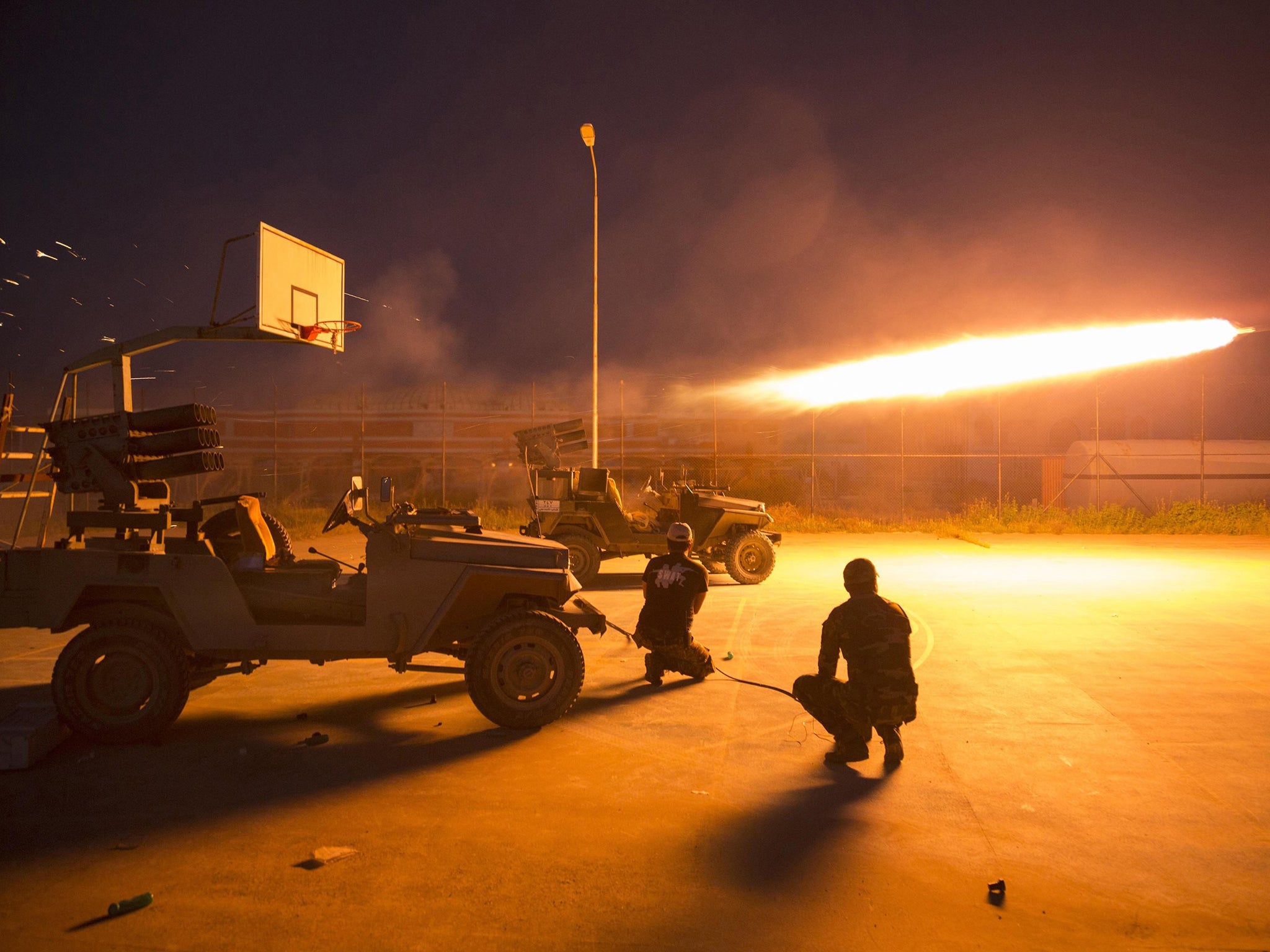Iraq has begun its campaign to rid itself of Isis — and it must go all out
If Iraqis want to push Isis out of the north, the jihadists cannot be given any chance to rebuild

Your support helps us to tell the story
From reproductive rights to climate change to Big Tech, The Independent is on the ground when the story is developing. Whether it's investigating the financials of Elon Musk's pro-Trump PAC or producing our latest documentary, 'The A Word', which shines a light on the American women fighting for reproductive rights, we know how important it is to parse out the facts from the messaging.
At such a critical moment in US history, we need reporters on the ground. Your donation allows us to keep sending journalists to speak to both sides of the story.
The Independent is trusted by Americans across the entire political spectrum. And unlike many other quality news outlets, we choose not to lock Americans out of our reporting and analysis with paywalls. We believe quality journalism should be available to everyone, paid for by those who can afford it.
Your support makes all the difference.This week Iraq’s armed forces initiated their assault on Tikrit, the hometown of Saddam Hussein, as part of a broader campaign that will target the country’s Sunni Arab heartlands to the north. It aims to retake the towns and cities that Isis took control of last year in June.
The fresh military campaign comes as momentum shifts against Isis. The jihadists suffered defeat in Kobane at the end of January in Syrian Kurdistan and continue to suffer losses and casualties in Iraq.
Isis has been unable to expand its territory in Iraq; its rivals are increasing and locals are becoming increasingly discontented with its rule. The organisation also thrives on sectarian polarisation but Iraq’s new government has been lauded for helping to stabilise, rather than exacerbate, sectarianism in the country.
All this should be capitalised on. Isis must not be allowed to repair and rebuild. Iraq must go all-in as it attempts to retake its country from the jihadists and ensure they are not allowed to re-group and re-consolidate their grip.
Isis’ control of territory to the north is crucial for its survival, not just because it needs those territories to launch its attacks, mobilise locals and consolidate its hold, but because it prides itself on its control of territory stretching between Syria and Iraq, having declared its Caliphate straight after taking control of Mosul last year. In other words, Isis’ control of Iraqi territory became a symbol of its prowess and central to the organisation’s ability to sustain itself. Destroying its invincibility in this manner will go a long way towards destroying the organisation altogether.
Recent Iraqi history provides further reasons to be optimistic. When Isis took control of Mosul, in June 2014, there was much talk of irreparable degeneration and the division of the country. Yet, Iraq had been at the brink before – as a result of sectarian war and a resilient Sunni insurgency – and then recovered.
This recovery followed the deployment of additional US forces in Iraq as part of what became known as “the surge”, as well as the “Sunni Awakening”, which saw Iraq’s Sunni Arab tribes and other Sunni actors cooperate with the Iraqi government and the US, and helped pave the way for their integration into the new Iraq.
Crucially, this came after the Sunni insurgency suffered heavy losses during its 2006 conflict with Iraq’s Shia community and at the hands of US forces. It was forced into retreat after realising the new Iraq and its political process was here to stay. Just as the Sunni insurgency was (of which Isis is a re-branded version), Isis can also be contained, forced to disintegrate and then, eventually, eliminated. Its resilience requires a sustained military campaign, as opposed to a half-hearted military effort.
That said, the military campaign is one part of the solution but an important one as it makes clear the new Iraq and its political order is here to stay. The other part requires, firstly, sustaining ongoing efforts toward reconciliation, the reconstitution of the Iraqi army and integrating Iraq’s Shia paramilitary groups into the armed forces. Iraqi Prime Minister, Haider Al-Abadi, must stay true to his word and punish those Shia actors responsible for sectarian massacres.
Secondly, Iraq’s Sunni actors, who have fought and continue to fight Isis, must be empowered. They exist but lack the resources and support to challenge Isis. Providing them with these could work against the Iraqi government in the future, as indeed may the creation of autonomous Sunni regions, but that might be a risk worth taking, as something must give way in order to save and sustain Iraq.
Join our commenting forum
Join thought-provoking conversations, follow other Independent readers and see their replies
Comments